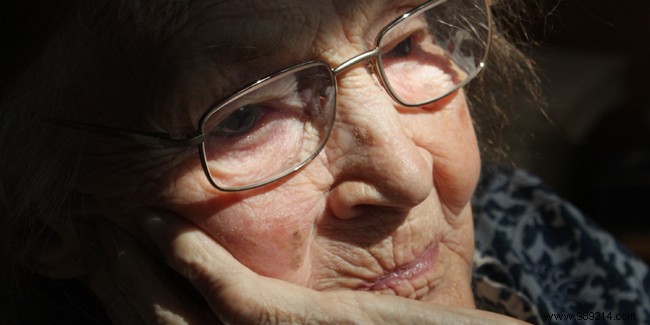
Drawn up in 1987 and updated in 2007 by the National Gerontology Foundation and the Ministry of Social Affairs, the charter of rights and freedoms of dependent elderly people aims to recognize the dignity of elderly people with loss of autonomy and to preserve their rights.
Originally, the charter of rights and freedoms of dependent elderly people was created as a basic tool for reflection for all professionals working with elderly people with loss of autonomy, whether in health establishments or retirement homes.
This charter is intended to be a support for improving care and assistance practices for dependent elderly people. It also allows these professionals to set goals in line with its recommendations, but also to become aware of the difficulties of their missions with vulnerable seniors.
The preamble to the charter of rights and freedoms of dependent elderly people reads as follows:" When it is accepted and acquired that any elderly person with a disability or dependency is respected and recognized in their dignity, freedom, rights and choices, this charter will be applied in their spirit" .
Beyond professionals dealing with dependent elderly people, this charter is also aimed at society as a whole in order to raise awareness that it is essential to respect the dignity of these seniors and to preserve their rights.
The charter of rights and freedoms of the elderly in a situation of disability or dependence, the content of which is available on the website of the Ministry of Solidarity and Health, revolves around 14 points which address the living environment, the social life, income, freedom of expression, access to care or even respect for the end of life of dependent seniors.
The charter of rights and freedoms of the dependent elderly person inscribes in black and white the right of seniors with disabilities or loss of autonomy to choose their own place of residence, that is to say the right to decide to stay at home or to go to a retirement home. To make their decision, the charter also reaffirms their right to be informed by professionals and their families of the possible risks incurred by one or other of the solutions. Above all, those around you must respect the preferences of the dependent elderly person in this regard.
In the same way, these seniors must be free to dispose of their assets and their income, unless they benefit from specific legal protection in this area which prevents them from doing so.
Whether it concerns social or cultural life, the charter of rights and freedoms of dependent elderly people affirms the need to put everything in place so that these people can continue to participate in activities and that their freedom of expression in political, religious or philosophical matters is respected. In general, this charter also advocates the right of elderly people with loss of autonomy to have access to all information concerning their well-being.
The authors of this charter also insist on the imperative of maintaining family or friendly relations for elderly people with a loss of autonomy. A requirement in particular to be taken into account in retirement homes and which aims in particular to better recognize the role of family caregivers.
Maintaining autonomy as long as possible and access to appropriate care are also part of the recommendations contained in the charter of rights and freedoms of dependent elderly people. It also mentions the priority to be given to multidisciplinary research on aging, age-related disabling diseases and disabilities.
Vulnerable seniors must be guaranteed to be able to benefit from care adapted to their situation and provided by trained and competent professionals. And that everything is done to preserve their capacity for autonomy.
This right to appropriate care also applies to the end of life of dependent elderly people, whether they are in a retirement home or at home. The charter includes an article which stipulates that "care, assistance and support must be provided to the elderly person at the end of their life and their family ".